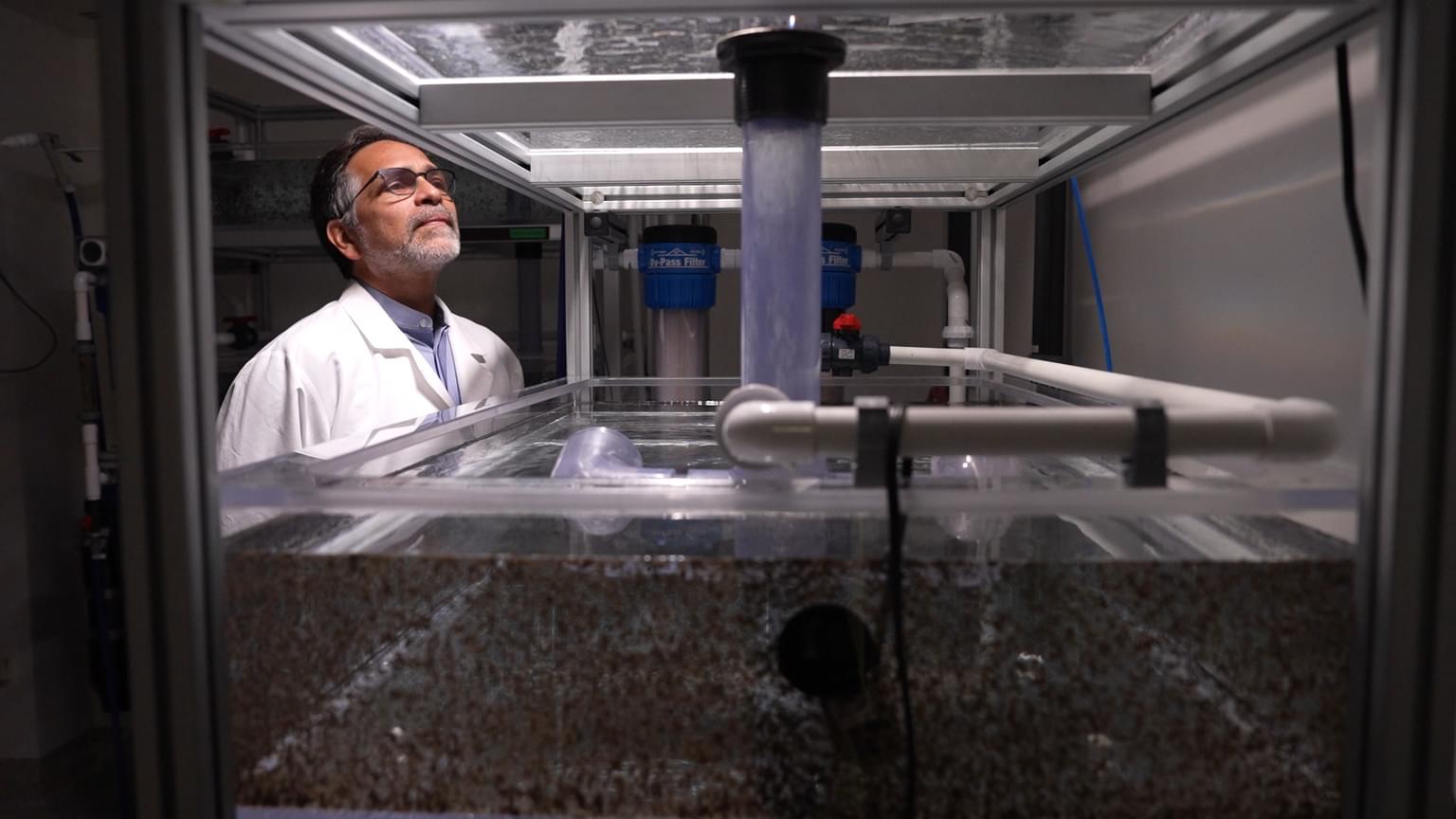By Cathy Yarbrough
Scheduling time to mentor the graduate students and postdoctoral researchers in her lab at the Indiana University School of Medicine (IU) is a high priority for Amber Mosley, PhD, Associate Professor of Biochemistry and Director of Proteomics at IU.
Mosley joined IU in 2010 after completing her own postdoctoral studies at the Stowers Institute, where she was co-mentored by Michael Washburn, PhD, Director of the Proteomics Center, and Investigator Jerry Workman, PhD. Like Workman, Mosley conducts research related to gene transcription, the copying of a DNA sequence into a messenger RNA (mRNA) molecule. Cellular machinery subsequently translates the mRNA molecule into a specific protein.
“I realize how important mentoring is to a scientist’s career because of the excellent mentoring that I received while I was at Stowers,” Mosley shares. Workman and Washburn have continued to help Mosley advance her career. “In fact, they recently wrote letters in support of my NIH grant application,” she says.
During her almost six years at the Institute, Mosley was based in the institute’s Proteomics Center. “I had not worked in proteomics before arriving at Stowers,” says Mosley, who received a PhD in biochemistry at the University of Kentucky College of Medicine (UK).
Prior to joining Stowers, Mosley applied molecular biology and biochemical approaches, but not proteomics, to her graduate studies on gene transcription at UK. Proteomics was then an emerging field. During her 2004 interviews for a postdoc position, Washburn introduced Mosley to the center’s Multidimensional Protein Identification Technology (MudPIT), a powerful mass spectrometry technique capable of generating a high volume of data about protein-protein interactions.
Recognizing the potential of proteomics to enrich scientific understanding of gene transcription, Mosley asked to be located in the Proteomics Center when Stowers offered her a postdoc position. While a postdoc, Mosley became a proteomics expert, thanks to the training provided by Washburn and Laurence Florens, PhD, head of Proteomics. Mosley’s gene transcription research benefitted from her newfound expertise in proteomics. Among her findings was the discovery that the phosphatase enzyme Rtr1 is a regulator of gene transcription.
At IU, Mosley regards the time and effort that she spends in mentoring as “paying it forward.” Her schedule includes specific times to meet each graduate student and postdoc in her lab. Mosley also plans to mentor IU junior faculty as part of the university’s Independent Investigator Incubator. “It’s extremely helpful when more experienced scientists take an active interest in your career,” she says.
Mosley’s training in the Institute’s proteomics team provided not only expertise in the field but also insight about interacting with faculty members who use service centers such as IU’s proteomics facility. “At Stowers, I learned the importance of helping faculty members with their experimental design and establishing realistic expectations about what could be achieved and when it could be achieved,” Mosley explains.
With a husband, two daughters, two dogs, two cats, and a tortoise at home and a time-demanding career at IU, Mosley said she tries to have realistic expectations about what she can achieve daily. “I have a full but very busy life,” muses Mosley.



